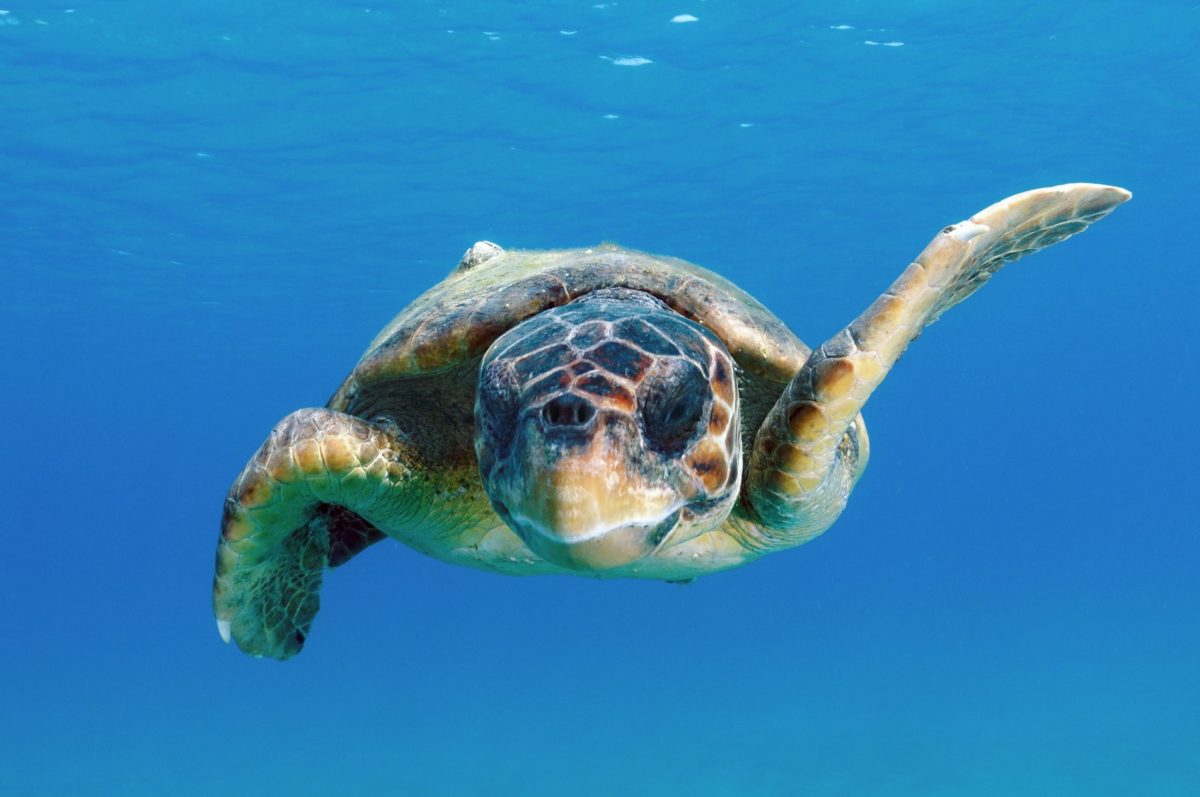“This summer I will not go to Chios. The feeling of emptiness is overwhelming. I am thinking of the kids who have to stay in the migrant centers without the few hours of normalcy we could offer them.”
This comment by Louisa from Naples is indicative of the feelings of European Union citizens and others who have been coming to Greece and volunteering since 2015 in an effort to help the migrants trapped on the islands.
This year, as if in a tragicomedy, they find themselves trapped in their own countries due to the coronavirus.
Holly Penalver, founder of the Indigo Volunteers charity, had to reject hundreds of volunteer applications this year. Indigo Volunteers puts prospective volunteers in touch with 48 NGOs in Greece, Serbia, Bosnia and France.
“Last year we had placed 1,015 people with organizations operating all along the Balkan refugee trail, and of them about 850 worked in Greece.”
Given that many of these volunteers work for NGOs during their annual leave from their regulars jobs, about 450 had worked over the summer.
“This year there were 81 volunteers before lockdown, but after that we froze everything due to the developments,” she clarifies.
She herself returned to Samos in May following a Covid test in Athens. However, she came in both of her capacities, as the head of Indigo Volunteers and as a nurse.
Once the travel restrictions were lifted, the green light was given for volunteers who are doctors and those with extensive experience.
“We have welcomed just six volunteer doctors to Samos to date.” Indigo has mandated protective measures to ensure the safety of volunteers, local residents and migrants alike.
“We asked arrivals to observe a mandatory quarantine of one or two weeks, depending on the country of origin; for those who came from my home country, Great Britain, the quarantine lasts 15 days,” she tells Kathimerini.
These measures are stricter than those that apply to tourists. As for the second wave, the events speak for themselves, as many organizations on Samos have canceled initiatives.
“Only the provisioning of clothing and essential items continues,” concludes Penalver.
Similar problems are faced by environmental organizations. It was predicted that this summer would be one of the best for the environmental organization Archelon, the Sea Turtle Protection Society of Greece, which had been expecting around 550 foreign volunteers for its nine programs.
However, the pandemic put a stop to the plans of field scientists and volunteers – university students from the US, Canada, Australia and the Middle East.
The prospect of flight disruptions and quarantine on arrival drastically reduced volunteers’ appetite for travel.
“We owed it to ourselves to protect the continual operation of our programs as we are the oldest program for turtle registrations in the Mediterranean, and also protect the volunteers by following all the coronavirus directives,” Hara Papailiou, chief of volunteers at Archelon, tells Kathimerini.
The organization announced a set of measures via its website: Those who arrive at the organization’s research stations, either in Greece or abroad, have to test negative for Covid at least 72 hours before, and once there to quarantine for seven days.
These measures are independent of any government test carried out on arrival. Although many international volunteering programs have been canceled this year, Archelon has instead made adjustments so that only a certain number of volunteers are allowed to visit each site every week.
“We prioritized those who have volunteered before and those who can stay over four weeks,” notes Papailiou.
The numbers of volunteers confirmed for the Zankynthos and Kyparissia programs, which have been ongoing since 1983, are less than half those of recent years.
At other stations there were either a maximum number of five allowed, such as in Rethymno, or needs were covered by locals, as in Hania.
“This year, due to the extraordinary circumstances, it is possible that we will have fewer foreign volunteers. Notably, great interest was expressed by Greeks in the Sea Turtle Rescue Center in Glyfada.
These were people who, following the quarantine, had the need, and the time, for volunteering and getting in touch with nature,” she concludes.
This article was first published on ekathimerini.com











